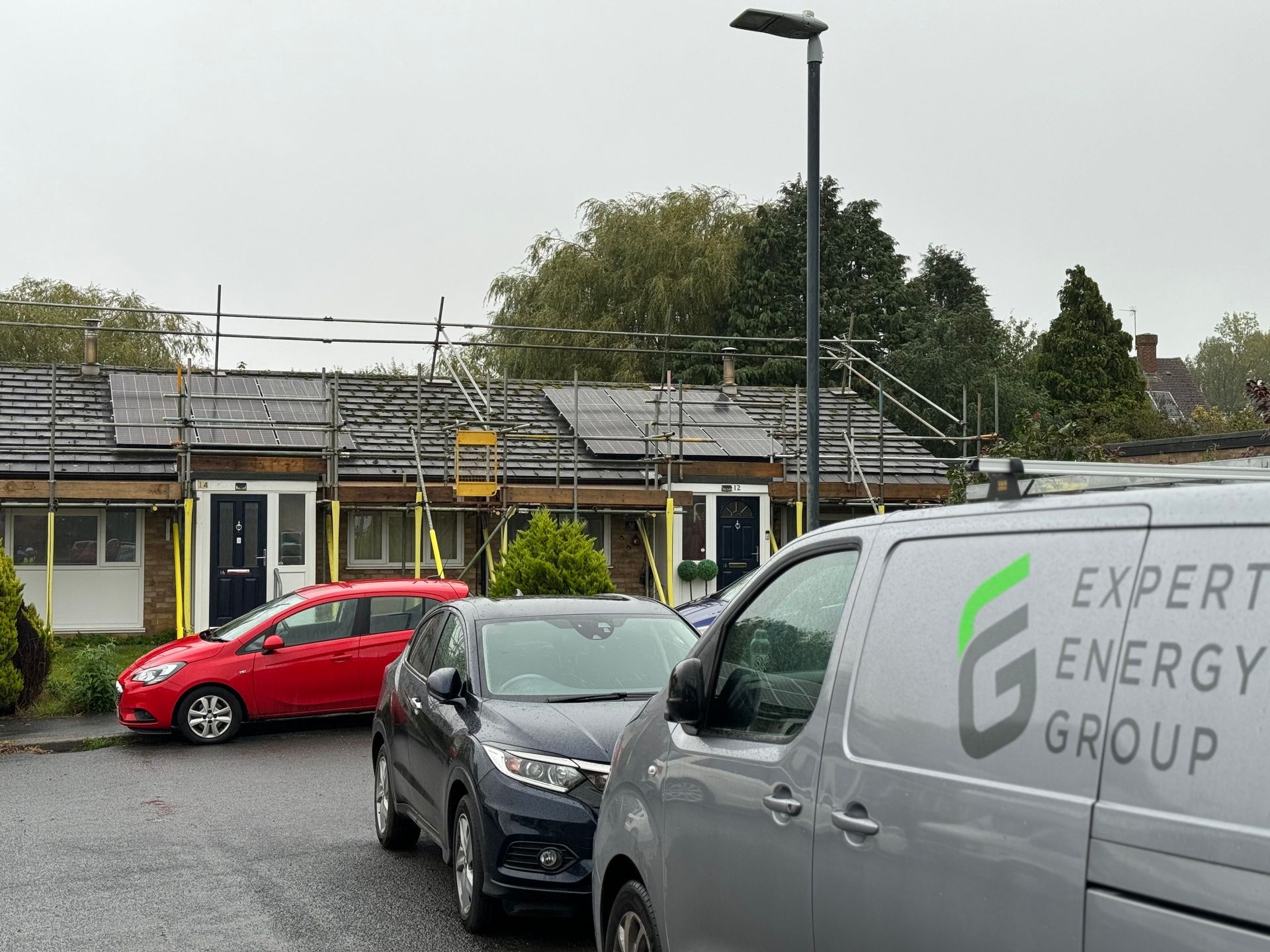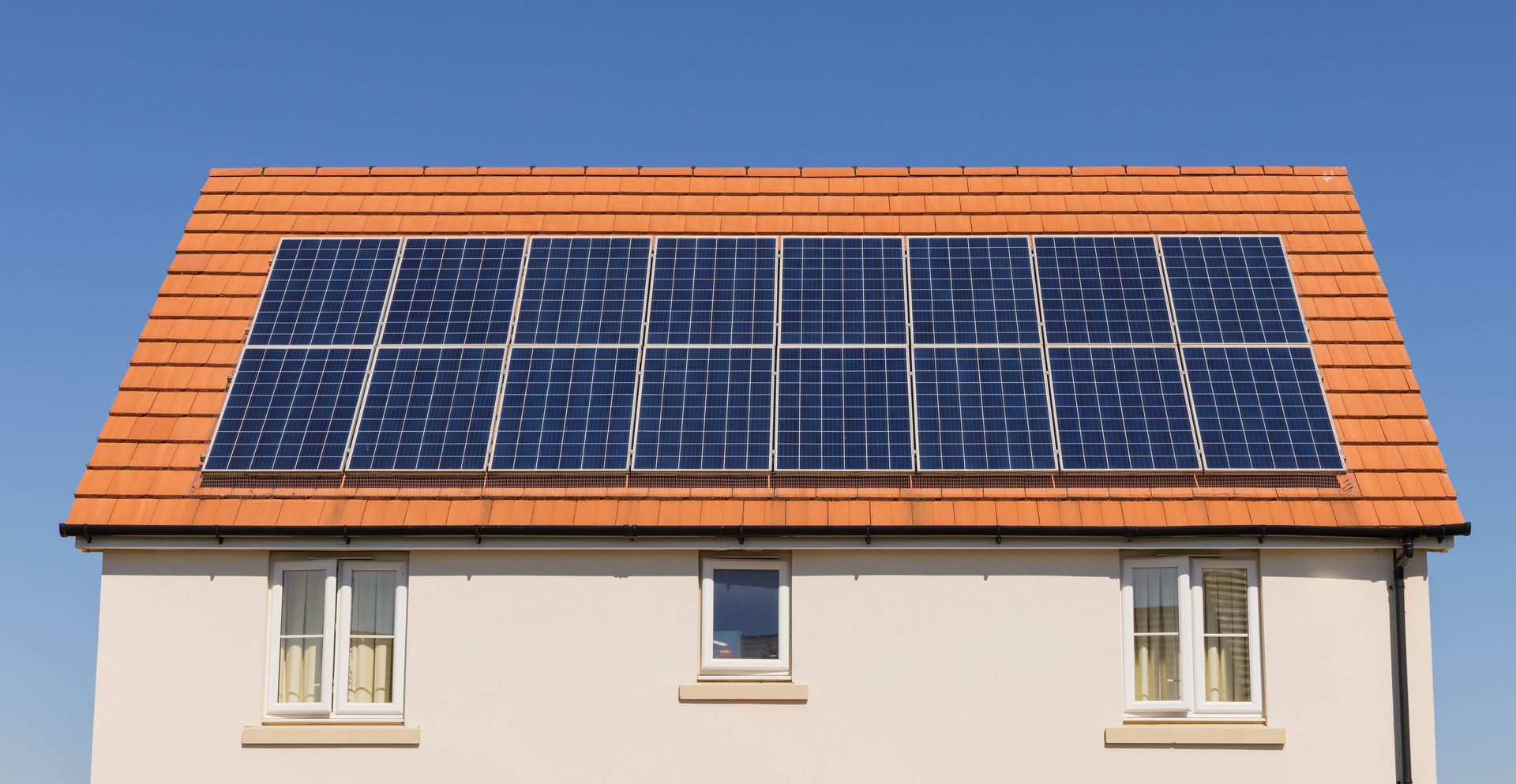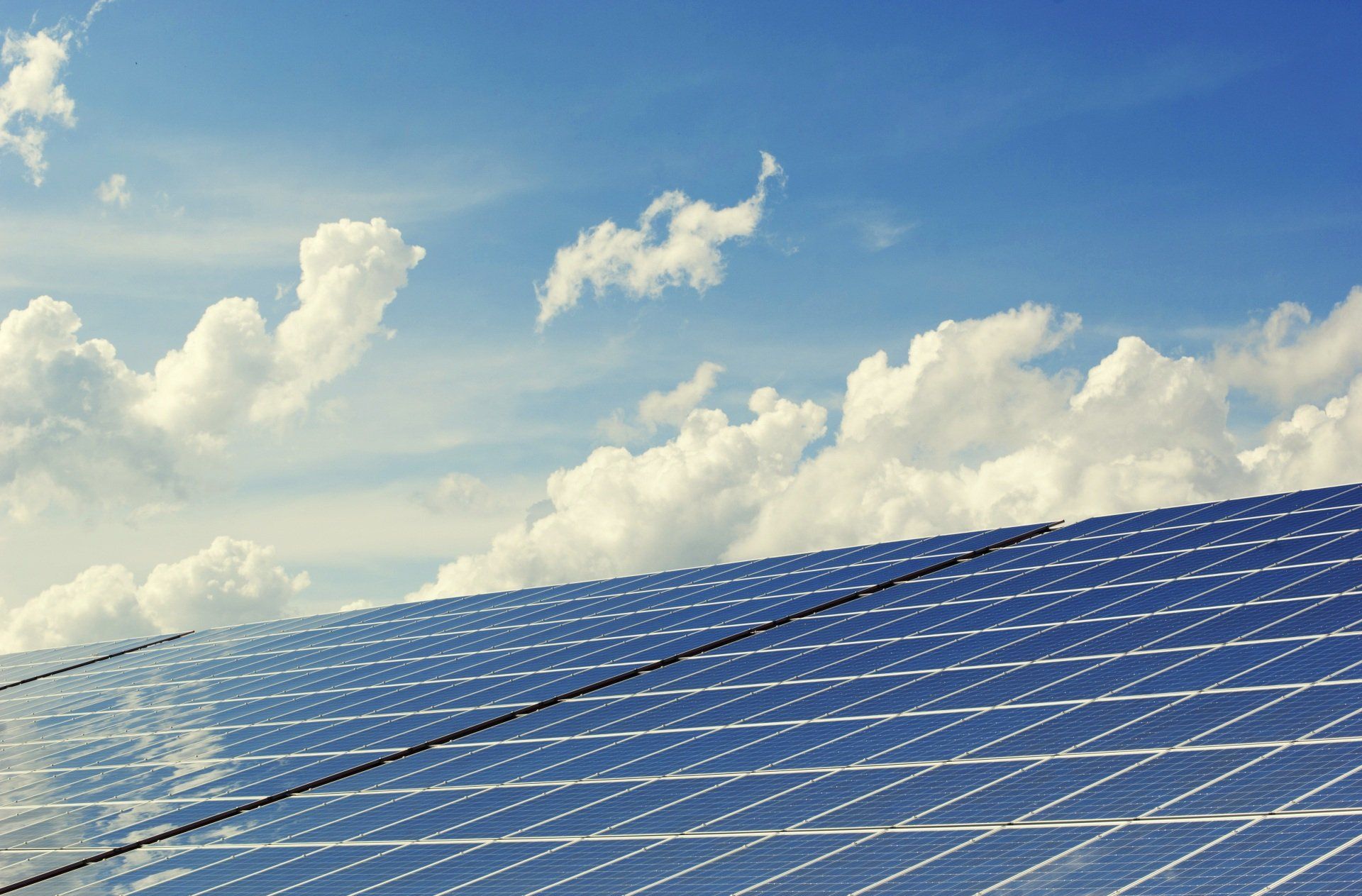The Impressive Growth Of Solar PV In The UK
Over the past decade, the growth of solar PV in the UK has been nothing short of remarkable. From humble beginnings, solar energy has become an increasingly important source of electricity in the country, with millions of homes and businesses now equipped with solar panels. In this blog, we will explore the reasons behind the growth of solar PV in the UK over the last 10 years and the impact this has had on the country's energy mix.
The first solar panels were installed in the UK in the 1950s, but it wasn't until the 2000s that the technology started to become more widespread. In 2010, the UK government launched the Feed-in Tariff scheme, which provided financial incentives for households and businesses to install solar panels. This scheme, which was in operation until 2019, proved to be a significant driver of growth in the solar industry.
The Feed-in Tariff scheme worked by paying households and businesses for the electricity they generated from their solar panels, as well as for any surplus electricity that they exported to the grid. The payments were guaranteed for a set period, typically 20 years, and were linked to the rate of inflation, which meant that they would increase over time. This gave homeowners and businesses the confidence to invest in solar PV, knowing that they would receive a reliable return on their investment.
As a result of the Feed-in Tariff scheme, the number of solar installations in the UK grew rapidly. By the end of 2010, there were only 26 MW of solar PV capacity installed in the country. By 2015, this had grown to over 5 GW, and by 2020, it had reached over 13 GW. This represents an increase of over 500 times in just 10 years, a truly remarkable achievement.
One of the key drivers of this growth has been the falling cost of solar PV technology. Over the last decade, the cost of solar panels has fallen by over 80%, making it a much more cost-effective option for homeowners and businesses. This has helped to make solar PV one of the cheapest forms of electricity generation in the UK, and has driven the growth in installations.
Another important factor has been the increasing awareness of the environmental benefits of solar energy. Solar PV produces no greenhouse gas emissions, and is therefore a key tool in the fight against climate change. With growing concern about the impact of climate change, more and more people are turning to solar energy as a way to reduce their carbon footprint.
The growth of solar PV in the UK has had a significant impact on the country's energy mix. In 2020, solar PV accounted for around 5% of the UK's electricity generation, up from just 0.2% in 2010. This has helped to reduce the country's reliance on fossil fuels, and has contributed to the UK's ambitious targets for reducing greenhouse gas emissions.
In conclusion, the growth of solar PV in the UK over the last 10 years has been nothing short of remarkable. The combination of financial incentives, falling costs, and growing environmental awareness has driven the rapid expansion of the industry, making solar PV one of the most important sources of electricity in the country. As we look to the future, it is clear that solar energy will continue to play a key role in the UK's transition to a low-carbon economy.




Ready to get in touch?
Unit 21, Industrial Estate, Old Church Road, East Hanningfield, Essex, CM3 8AB
0800 001 6724
Expert EV & Expert Solar are trading styles of Expert Energy Group Limited.
www.expertenergygroup.co.uk
Company No: 13349877
VAT No: 383 7414 76
Complaints, Trustmark, Business Details
Expert Energy Group Limited

